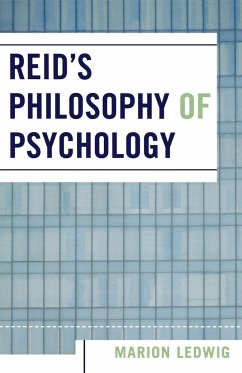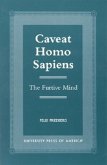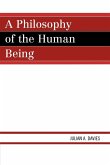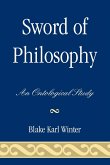Thomas Reid's philosophy of psychology is remarkably up to date. Surprisingly, Reid's account of instincts doesn't diverge greatly from Tinbergen's more contemporary account. Reid's claims with regard to appetites and desires can be made relevant to current insights.
Hinweis: Dieser Artikel kann nur an eine deutsche Lieferadresse ausgeliefert werden.
Hinweis: Dieser Artikel kann nur an eine deutsche Lieferadresse ausgeliefert werden.








